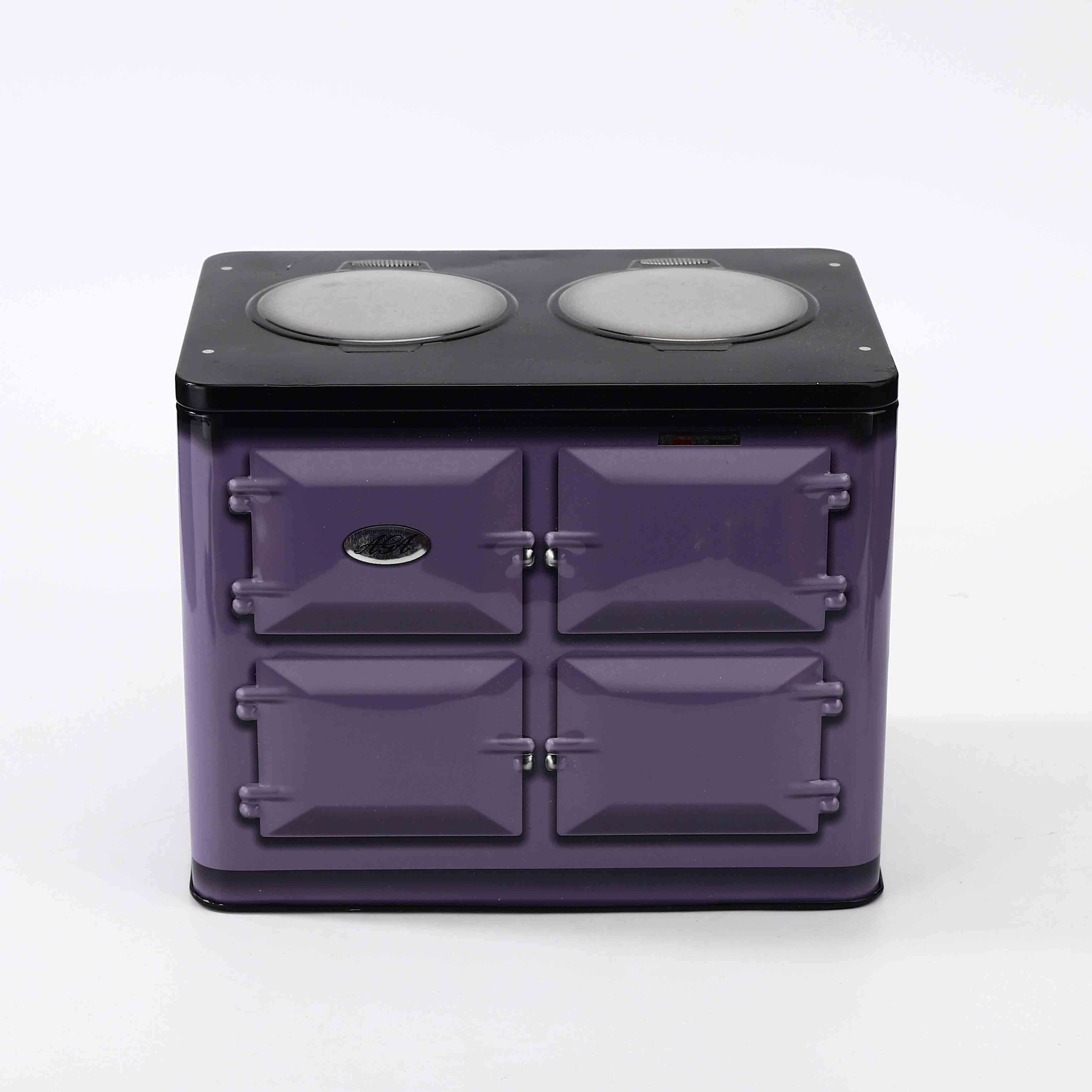Aug . 13, 2024 05:16 Back to list
The Impact of Aluminum Can Recycling on Hawaii's Environment and Economy for Sustainable Living
The Aluminum Can Revolution in Hawaii A Sustainable Future
Hawaii, a breathtaking archipelago known for its vibrant culture and stunning natural beauty, is also grappling with important environmental challenges. One area where significant progress is being made is the responsible management of aluminum cans. As an essential component of the beverage industry, aluminum cans serve as a critical focal point in Hawaii’s efforts to push towards a more sustainable future.
The Aluminum Can Revolution in Hawaii A Sustainable Future
Hawaii has implemented a bottle deposit program, officially known as the HI-5 Program, which encourages residents and tourists alike to recycle their beverage containers, including aluminum cans. Under this program, individuals can return their recyclable cans for a 5-cent refund. This incentive has been instrumental in fostering a recycling culture and minimizing waste. The HI-5 Program has led to the collection of millions of aluminum cans, significantly reducing litter on beaches and in public spaces while promoting responsible consumption practices.
hawaii aluminum cans

The recycling process for aluminum cans is remarkably efficient. When recycled, aluminum can be reused indefinitely without losing quality. In Hawaii, local recycling facilities play a pivotal role by processing the returned cans and transforming them into new products. This not only conserves energy but also reduces the need for raw material extraction, thus preserving the islands' delicate ecosystems. The environmental benefits of recycling aluminum are substantial it takes 95% less energy to recycle aluminum than to produce it from raw materials. This is a significant figure, especially for Hawaii, where nearly all raw materials must be imported, adding to the carbon footprint.
Moreover, local businesses in Hawaii are increasingly recognizing the importance of sustainability. Many breweries and beverage companies are opting for aluminum cans over glass bottles due to their lighter weight, which reduces transportation emissions and logistics costs. Additionally, some companies are even collaborating with environmental organizations to advocate for responsible waste management practices, further contributing to community engagement and education.
However, challenges remain. Despite the successes of the HI-5 Program, not all aluminum cans are returned for recycling, leading to litter and a missed opportunity for material recovery. Addressing public awareness and educating both locals and tourists about the importance of recycling and the ecological benefits of aluminum can reuse is crucial. Initiatives such as community clean-up events and school programs can play a significant role in fostering an environmentally-conscious mindset among residents and visitors alike.
In conclusion, the journey of aluminum cans in Hawaii is a testament to the islands' commitment to sustainability and environmental stewardship. With effective recycling programs in place, coupled with an increasing awareness of the importance of recycling among residents and tourists, Hawaii is paving the way for a cleaner and greener future. As we continue to embrace initiatives that promote the recycling of aluminum cans, we not only protect the natural beauty of Hawaii but also set an example for other regions to follow, showing that even the smallest actions can lead to substantial environmental benefits. Through collaboration, education, and responsibility, Hawaii can ensure that its islands remain a paradise for generations to come.
-
Custom Large Metal Box Manufacturers: Durable & Reliable Solutions
NewsAug.08,2025
-
Large Metal Box Manufacturers - Custom & Durable Solutions
NewsAug.07,2025
-
Durable Large Metal Box Manufacturers | Custom Solutions
NewsAug.06,2025
-
Large Metal Box Manufacturers | AI-Powered Solutions
NewsAug.05,2025
-
Leading Large Metal Box Manufacturers | Custom Solutions
NewsAug.04,2025
-
Top Steel Pail with Lid Manufacturers | Rust-Proof
NewsAug.03,2025




















